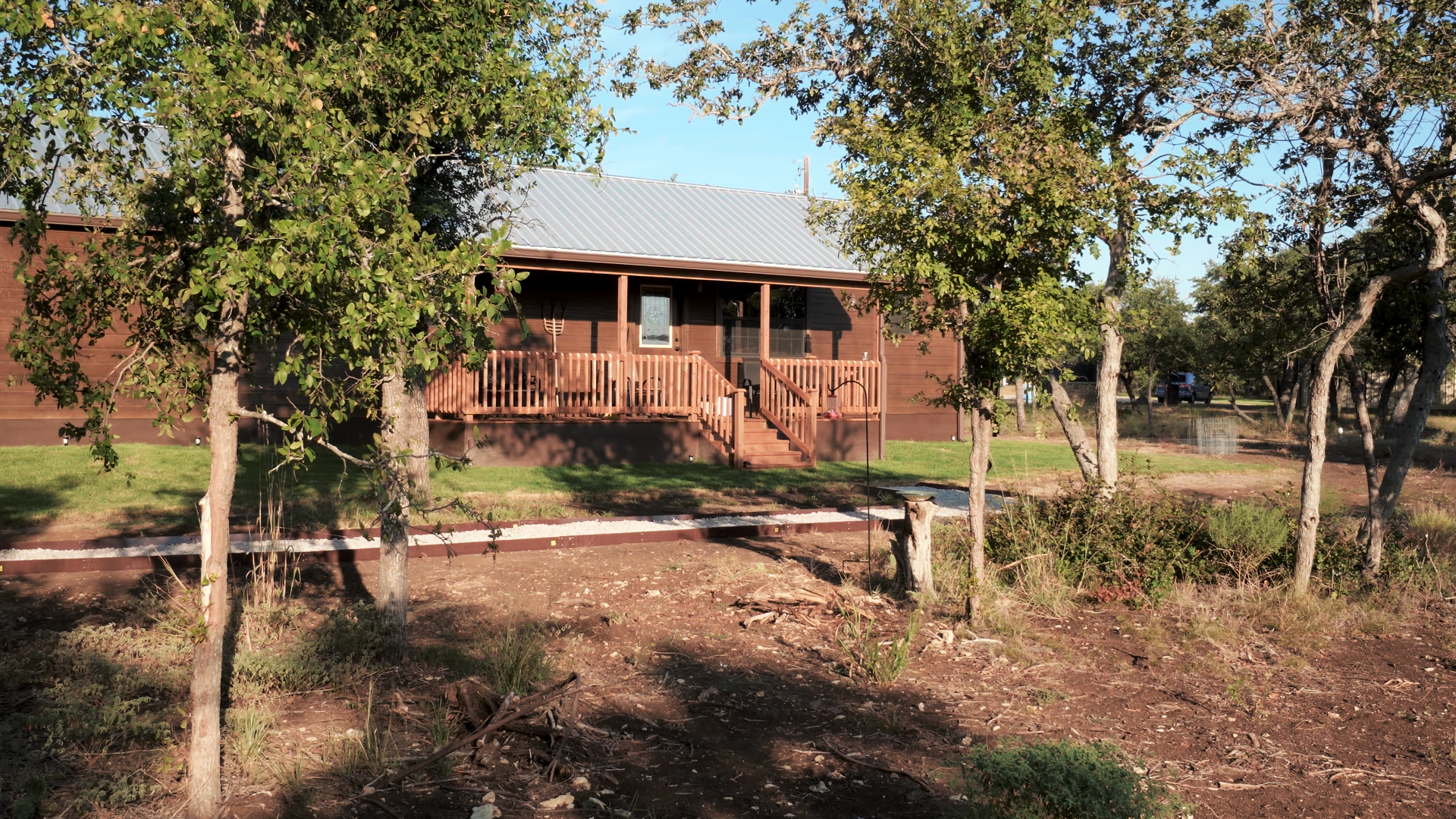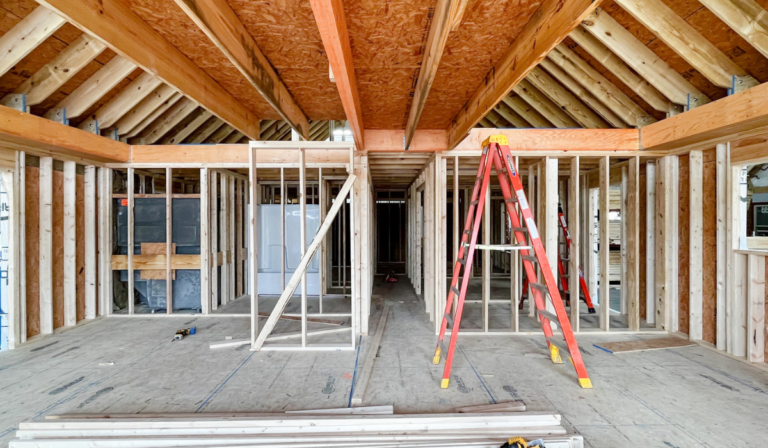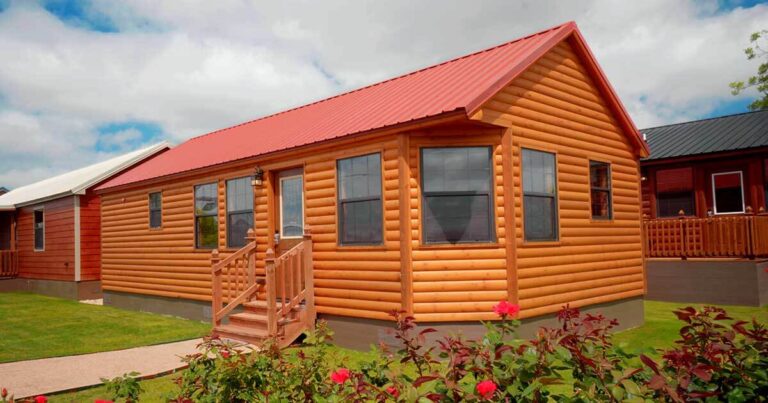Fast-growing Trees For Privacy In Your Cabin

Using Fast-Growing Trees to Create Cabin Privacy: A Comprehensive Guide
Introduction
- The importance of cabin privacy
- How fast-growing trees can help
Fast-Growing Trees for Cabin Privacy
Choosing the Right Trees
- Factors to consider
- Popular fast-growing tree species
Planting and Maintenance Tips
- Best practices for planting
- Caring for your fast-growing trees
Other Natural Privacy Solutions
Shrubs and Hedges
- Types of shrubs and hedges
- Pros and cons of using shrubs and hedges for privacy
Vines and Trellises
- Types of vines and trellises
- Pros and cons of using vines and trellises for privacy
Tree Care and Safety
Tree Care Tips
- Watering and fertilizing
- Pruning and shaping
Safety Considerations
- Avoiding damage to property and structures
- Preventing tree-related accidents
As cabin owners, privacy is an essential aspect of enjoying the tranquility of nature. Many cabin owners prefer to use natural solutions to create a private, secluded atmosphere around their cabins. One of the best and most effective solutions is to use fast-growing trees.
This article will discuss the best fast-growing trees for cabin privacy, planting and maintenance tips, other natural privacy solutions, tree care and safety considerations, and more.
Fast-Growing Trees for Cabin Privacy
Choosing the Right Trees
When selecting fast-growing trees for cabin privacy, choosing the right species that suit your needs is essential. Factors to consider include the climate, soil conditions, growth rate, and size of the trees at maturity. Popular fast-growing tree species include:
- Leyland cypress
- Arborvitae
- Eastern white pine
- Hybrid poplar
- Dawn redwood
Planting and Maintenance Tips
- Watering: Fast-growing trees require regular watering, especially during dry spells. Water the trees deeply, but don’t overwater, as this can cause root rot. Be sure to water the trees at the base rather than from above, as this can prevent leaf diseases.
- Fertilizing: Fast-growing trees require regular fertilization to ensure healthy growth. Use a slow-release fertilizer that contains nitrogen, phosphorus, and potassium. Apply the fertilizer in the spring and fall, following the manufacturer’s instructions.
- Pruning: Regular pruning is necessary to keep fast-growing trees healthy and looking their best. Prune dead or diseased branches and any crossing or rubbing branches that can cause damage or diseases. Prune in the dormant season, ideally in late winter or early spring.
- Shaping: Fast-growing trees can become top-heavy or unbalanced, which can cause damage or instability. Remove any competing branches or stems leading to co-dominance to ensure proper shaping. Prune back the central leader to prevent it from growing too tall.
- Pest and disease control: Fast-growing trees can be susceptible to pests and diseases, affecting their health and growth. Regularly inspect your trees for signs of infestation or conditions, such as discolored leaves, curling leaves, or dieback. Use appropriate insecticides or fungicides if necessary, and follow the manufacturer’s instructions carefully.
Other Natural Privacy Solutions
Shrubs and Hedges
Shrubs and hedges are another popular natural solution for creating privacy around cabins. They provide an attractive, natural barrier that offers visual and noise protection. Some popular shrubs and hedges for privacy include:
- Boxwood
- Privet
- Barberry
- Burning bush
- Holly
Vines and Trellises
Vines and trellises are perfect for creating privacy around cabin porches, patios, and outdoor living spaces. They offer shade, privacy, and beauty, making them popular among cabin owners. Some popular vines and trellises for privacy include:
- Climbing roses
- Honeysuckle
- Trumpet vine
- Wisteria
- Clematis
Tree Care and Safety
Tree Care Tips
Fast-growing trees require proper care to ensure healthy growth and adequate privacy. Proper watering, fertilizing, pruning, and shaping are essential tree care practices that prevent diseases, pests, and other problems.
Safety Considerations
While fast-growing trees can provide excellent privacy, they can pose safety risks if not correctly planted and maintained. It’s crucial to avoid planting trees too close to your cabin or other structures, as they can cause damage from root growth or falling branches. Regular tree trimming and removing dead branches can also help prevent accidents and keep your property safe.
Conclusion
Using fast-growing trees to create cabin privacy is an effective and natural solution that can provide numerous benefits. Proper tree selection, planting, and maintenance are critical to ensure healthy growth and adequate privacy. Natural privacy solutions, such plants such as shrubs and vines, can also be combined with fast-growing trees to enhance your cabin’s privacy and beauty.
FAQs
- What are the best fast-growing trees for cabin privacy?
Leyland cypress, Arborvitae, Eastern white pine, Hybrid poplar, and Dawn redwood are popular fast-growing tree species for cabin privacy. - How long does it take for fast-growing trees to provide adequate privacy?
Depending on the species, fast-growing trees can provide adequate privacy in as little as one to two years. - Can fast-growing trees damage my cabin or property?Yes, fast-growing trees can damage your cabin or property if not regularly maintained or planted at a safe distance from structures.
- How do I care for my fast-growing trees to ensure they grow properly?Proper watering, fertilizing, pruning, and shaping are essential tree care practices to ensure healthy growth and adequate privacy.
- What are some other natural solutions for creating privacy around my cabin?Shrubs, hedges, and vines are other popular natural solutions for creating privacy around cabins.


